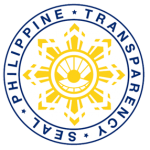DA-PCC-UE’s partnership in milk feeding benefits 60K schoolchildren
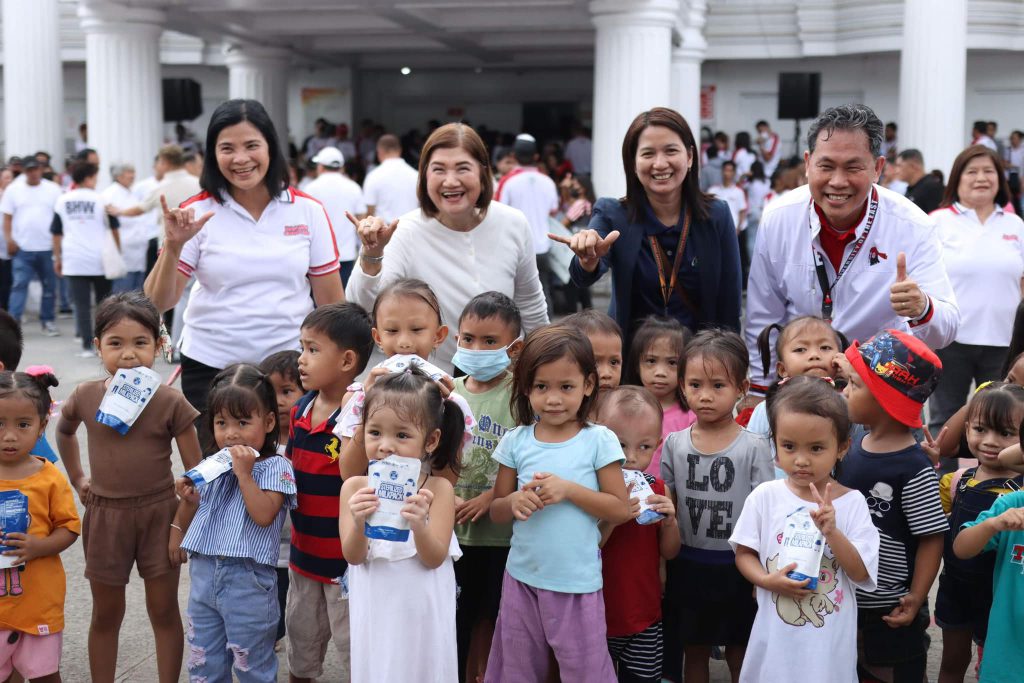
In a concerted effort to contribute towards Sustainable Development Goals (SDGs) 2 and 3, the University of the East (UE) and the DA-Philippine Carabao Center (DA-PCC) have marked a decade of success with their Supplementary Feeding Program (SFP). This 12-year partnership has positively influenced the health and well-being of 60,000 schoolchildren across Eastern Luzon. Dr. […]
Food safety underscored in DA-ATI, DA-PCC, Villar Sipag learning event
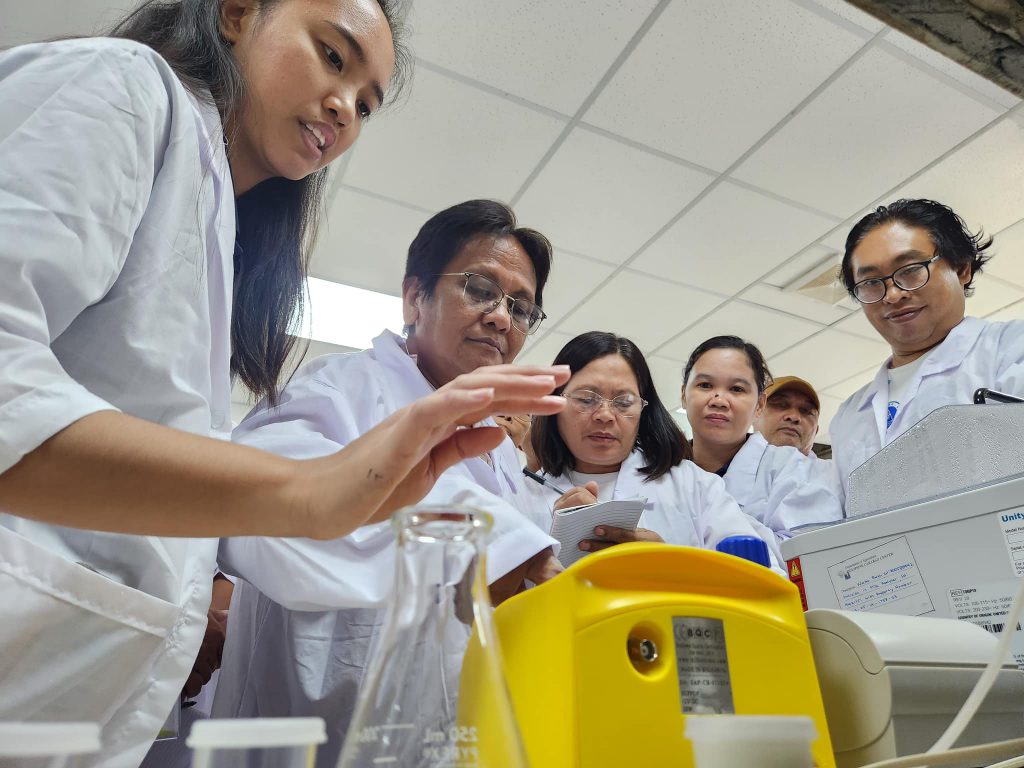
“Pagbutihin ang pag-aaral para matutunan ninyo paano gawin [nang ligtas] ang mga produktong gawa sa gatas ng kalabaw. Mas lalaki ang kita ng kooperatiba at ng ating mga farmers sa processed dairy products.” Sen. Cynthia A. Villar, chairperson of the Senate Committee on Agriculture, Food, and Agrarian Reform, said this during the opening program of […]
‘Bansaulog Fest’ cheers farmers with carabao parade in Bansalan, Davao del Sur
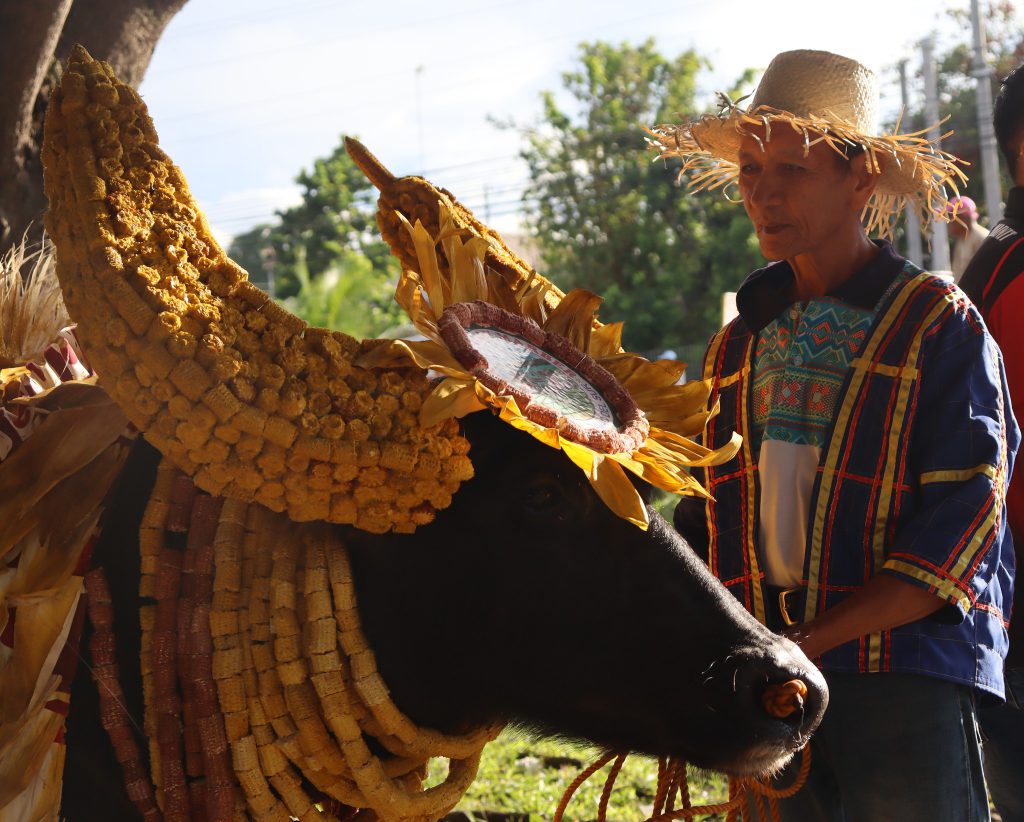
Highlighting the contribution of agriculture in Bansalan, Davao del Sur, the annual Bansaulog Festival brought cheer to its local farming community through its 2024 Farmers Day celebration, which opened with a festive carabao parade on September 13. Nine carabaos were dressed and paraded through the streets of Bansalan, showcasing the municipality’s rich agricultural industry and […]
GK3K project to boost sustainable livelihood for 4Ps beneficiaries through carapreneurship
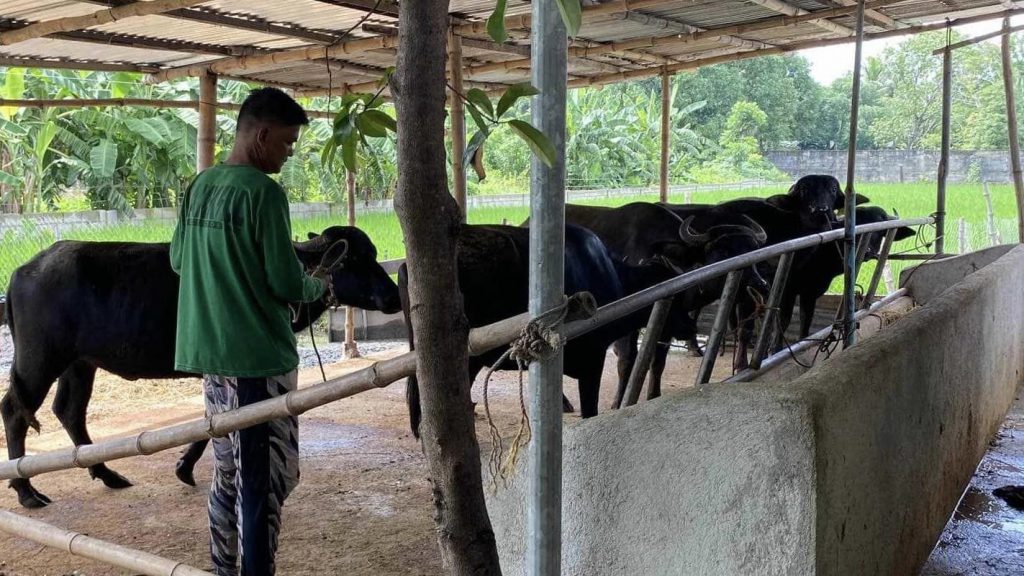
Pantawid Pamilyang Pilipino Program (4Ps) beneficiaries from the towns of Bautista and Natividad in Pangasinan have now embarked on carapreneurship as they recently received a total of 17 ready-to-breed female buffaloes. Said beneficiaries are under the Gatasang Kalabaw Kontra Kagutuman at Kahirapan (GK3K) project of the Department of Social Welfare and Development-Sustainable Livelihood Program, which […]
National milk feeding program benefits millions of children, empowers dairy farmers
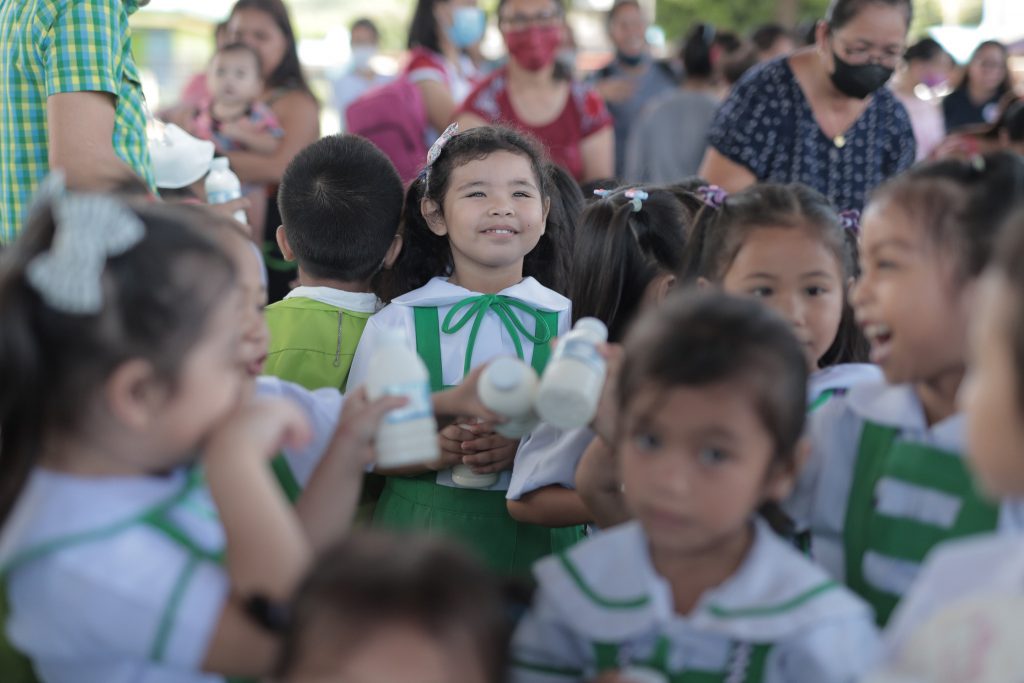
Thousands upon thousands of transformed lives—this being the life’s mission of the DA-Philippine Carabao Center (DA-PCC) and evidently its banner achievement as it sustains support to dairy cooperatives participating in the National Milk Feeding Program. “It’s not about the DA-PCC but the effects that we aim to create alongside our accountability partners. Our goal is […]
DA-PCC, assisted co-ops advocate food safety, quality assurance in gov’t feeding program
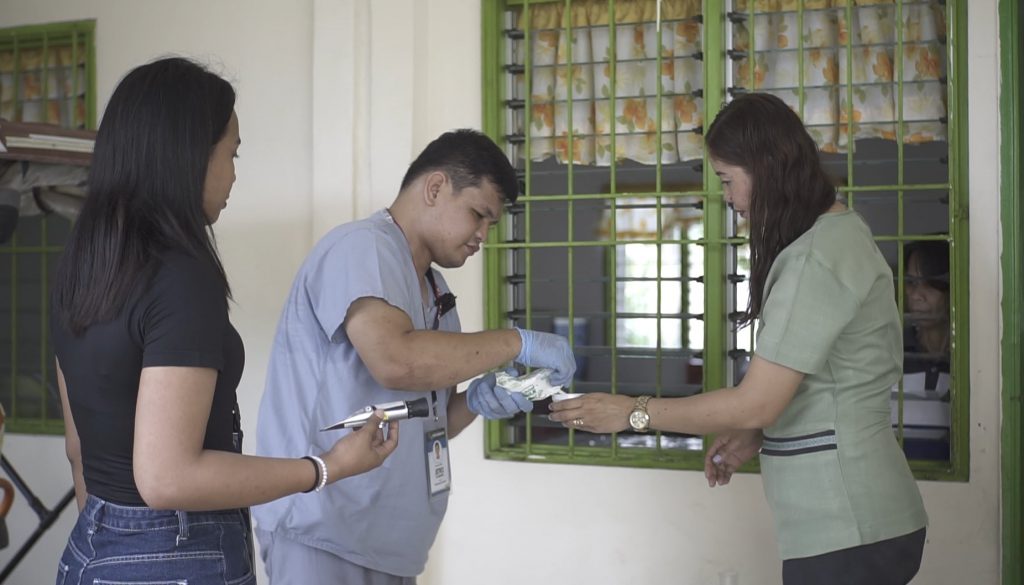
The DA-Philippine Carabao Center (DA-PCC), in collaboration with its assisted farmers’ cooperatives and associations (FCAs), has made food safety a top priority to ensure that every drop of milk supplied to children across the country meets the required standards. Based on consumer welfare and protection, the DA-PCC’s strategy focuses on enhancing carabao-based products by adhering […]


